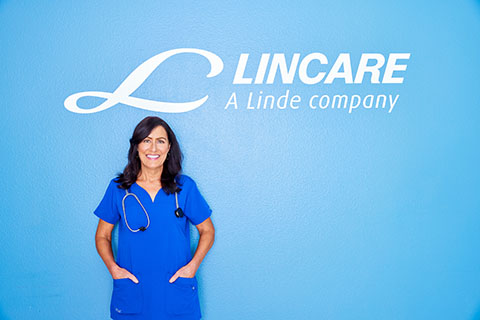November
27,
2023
Health Insurance FAQs & Terminology
Understanding health insurance terminologies is crucial for making informed decisions. Key terms like deductibles, copayment, coinsurance, out-of-pocket maximums, and preauthorization. Familiarizing yourself with these terms will help you navigate and maximize your health insurance coverage.
- Allowed charge: An allowed charge, also known as the "allowed amount" or "maximum allowable," is the dollar amount considered by a health insurance company to be a reasonable charge for medical services or supplies based on the rates in your area.
- Appeals: An appeal is a formal request to review a denied health insurance benefit or payment.
- Claim: A claim is a request for payment either by a plan customer or their healthcare provider submits to the health insurance company for medical service coverage.
- Coinsurance: Coinsurance is the amount you pay to share the cost of covered services after your deductible has been paid. The coinsurance rate is usually a percentage. For example, if the insurance company pays 80% of the claim, you pay 20%.
- Copay: A copay is a set dollar amount you pay for a specific service after you’ve satisfied your deductible.
- Deductible: A deductible is the amount of money you must pay each year to cover eligible medical expenses before your insurance policy starts paying.
- Denial: A denial is when your insurance company refuses to pay or denies responsibility to pay for medical services or treatment received.
- Effective date: The effective date refers to the date when a policyholder's coverage starts or becomes active.
- Excluded Services: Excluded services are medical services that are not covered by your health insurance or plan.
- Explanation of Benefits (EOB): An EOB is an insurance company's written explanation of how a medical claim was paid. It contains detailed information about what the insurance company paid and what portion of the costs is your responsibility.
- Health Maintenance Organization (HMO): A Health Maintenance Organization (HMO) is a type of insurance plan that limits coverage to only using contracted healthcare providers with the HMO plan. Some HMO plans may also require you to live or work within a specific geographic service area to be eligible for coverage.
- Managed Care Organization (MCO): An MCO is a health care company or a health plan that is focused on managing care as a model to limit costs. There are four basic types of managed care plans: Health Maintenance Organization (HMO), Preferred Provider Organization (PPO), Point of Service (POS), and Exclusive Provider Organization (EPO).
- Medicaid: The Medicaid program was created in 1965 and is a government-run program that offers health coverage to eligible low-income adults, children, pregnant women, the elderly, and people with disabilities.
- Medicare: Medicare is a federal health insurance program that offers health benefits to Americans who are 65 years old and above. The program was signed into law on July 30, 1965, and became accessible to beneficiaries on July 1, 1966. It was later expanded to provide coverage for disabled individuals under 65 and people with specific medical conditions. Medicare consists of three parts - Part A, which covers hospital services; Part B, which covers doctor services and Medicare Part D, which covers prescription drugs.
- Medically Necessary: Health care services or supplies needed to diagnose or treat an illness, injury, condition, disease, or its symptoms and that meet accepted standards of medicine.
- Network: The network consists of healthcare providers contracted by insurance companies, who offer services at discounted rates. Patients typically pay less when receiving services from in-network providers.
- Out-of-pocket cost: A person's out-of-pocket medical expenses may include deductibles, coinsurance, copayments for covered services, as well as costs for services not covered by their health plan.
- Preauthorization: Sometimes, before you can receive a service or medication, you might need to get approval from your health plan. This approval confirms that the service or prescription is medically necessary. You might hear this process referred to as prior authorization, prior approval, or precertification.
- Preferred Provider Organization (PPO): A PPO health insurance plan provides more flexibility than an HMO plan. Individuals with PPOs have the freedom to choose between in-network and out-of-network healthcare providers, but they will receive the best benefits when they opt for in-network providers.
- Primary Care Provider (PCP): A PCP is a doctor who directly provides or coordinates a range of health care services for a patient. HMOs generally have you choose a PCP when you enroll and require a written referral from your PCP before visiting a specialist.
- Provider: A provider is the individual or place that provided you services.
- Referral: A referral from your primary care doctor is a written order to see a specialist or receive specific medical services. In HMOs, a referral is often necessary before seeking medical attention from any healthcare professional other than your primary care doctor. Without a referral, your plan may not cover the cost of the services.



